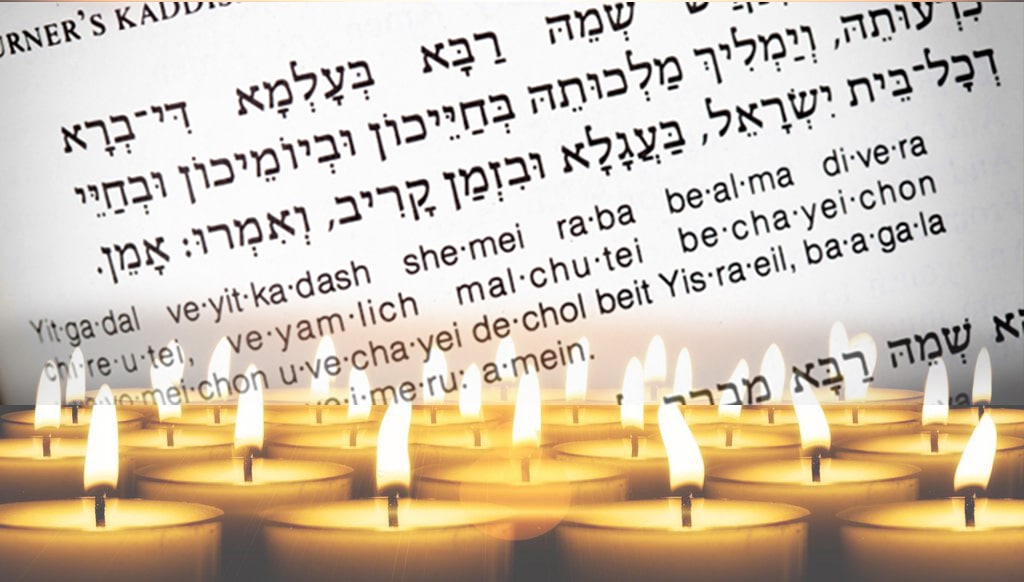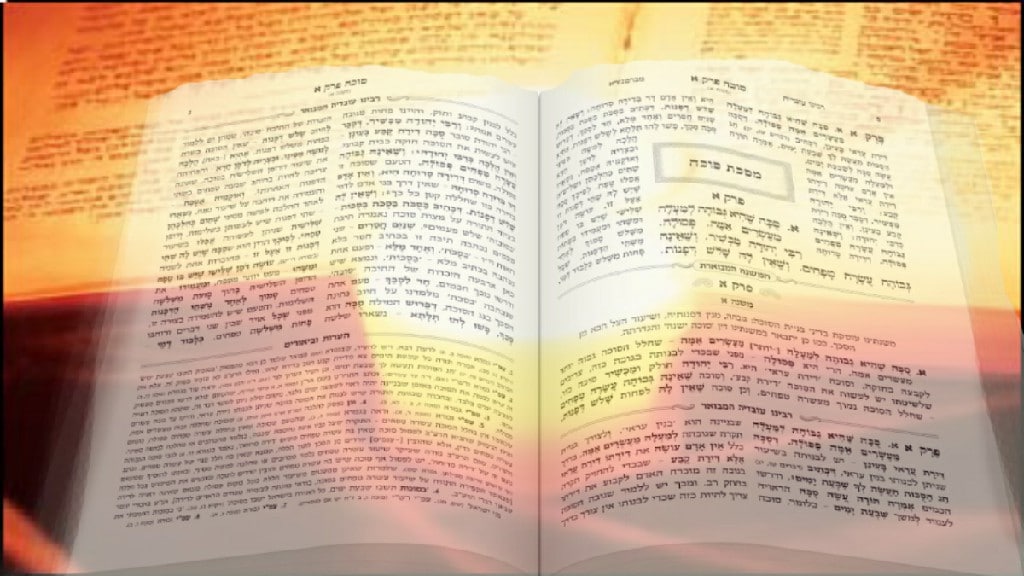Saying kaddish for the deceased
Do you need to say kaddish?
- Are you at work when the prayer services are going on in the synagogue?
- Are you apprehensive about missing a day of saying kaddish?
- Are you uncertain about there being a quorum in the synagogue?
- There are no sons or brothers in the family?
We are your best solution!
Reciting the kaddish is extremely important during the first 11 months of the first year of the death of your loved one, as well as the date of the yahrzeit.
If you are in need of saying kaddish for your dear one that passed away, either during the year of mourning or on the yahrzeit itself, and it’s not possible for you to say kaddish, we can do it for you.
The recital of the kaddish is to be done daily during the morning, afternoon and evening services together with a quorum of Jews, including Shabbat and the Jewish holidays.
We say the kaddish in the most responsible way and is done by a Torah scholar and a G-d fearing person from our yeshiva.
You can be rest assured and know that you are handing over the responsibility and this great merit into the best hands!!
What is the kaddish prayer?
The kaddish is in Aramaic already mentioned in part in the Talmud. The text contains praise and glorification to the Creator of the universe. In actuality, the kaddish has a number of versions that are said at different times. It starts with the words, “Yitkadal viyitkadesh shemei raba” – May the great name of G-d the Creator of the universe be praised and glorified. It expresses the belief in G-d even in difficult moments of loss and separation and concludes with the prayer that peace will come to the Land of Israel… “He makes peace in the upper realms, He will make peace for us and for the entire Jewish nation, and you should say, amen.”
Who recites the kaddish?
The orphan’s kaddish is designated for orphans who lost their mother or father and is recited during the year of their passing.
One can say kaddish after a brother, sister or wife. If a person
passed away and didn’t leave behind children or other relatives that can recite the kaddish, it’s customary to appoint someone to do this for the family. We are suggesting this service to you.

For how long is the kaddish said?
According to Jewish tradition, the recital of the kaddish causes the soul to ascend to the higher worlds. Whenever we do a good deed or pray on behalf of the soul, the soul merits to ascend to the best spiritual place. The Talmud recounts that the wicked are judged in purgatory for the duration of 12 months. For this reason, the kaddish isn’t recited for a full year, for it shouldn’t be understood, Heaven forefend, that the father or mother are being judged in purgatory as wicked people.
As is the custom of many people, including the Chabad custom, one stops saying the kaddish after 11 months. According to the Sephardic custom, one stops saying kaddish 1 week before the conclusion of the year. After the first year, one says kaddish on the day of passing, the yahrzeit, as per the Jewish calendar.

Choose the recital of the kaddish for your dear one
The year of mourning
Choose the number of months for the recital of the kaddish-
Choose according to the months
-
3 times a day
-
The yahrzeit will be done in the yeshiva at the end of the year
-
A day for dedication will be done at the yeshiva
The yahrzeit
The recital of the kaddish on the day of the yahrzeit only-
Choose the date ahead of time
-
3 times a day
-
Possibility for the yahrzeit and learning of Mishnayot at the yeshiva
-
Possibility of dedicating a day at the yeshiva
What else is proper to do in memory of and for the ascension of the soul of the departed one?
1. To light a yahrzeit lamp during the entire first year, a weekly candle, that can be bought in a store.
2. Likewise, reciting Mishnayot helps the ascension of the soul of the departed.
3. Saying Psalms during the year.
4. Being called up to the Tora on the holy Shabbat helps a lot for the soul of the departed.
5. Dedicating Torah lessons in the synagogue or yeshiva for the departed. One should say before the Torah lesson starts or hang up a sign with the person’s name and the name of the parents. A full day can be dedicated in the yeshiva for Torah study and special prayer.
How is the kaddish recited?
Generally speaking, the kaddish is said in the synagogue with a quorum of at least 10 people. It shouldn’t be said alone. We suggest that you go to the synagogue and to coordinate with the caretaker when and how to say the prayer. The congregation listens and answers amen. If there are a number of such people in the synagogue, it should be said together in order that the word amen should said for all of them together.

Is there a connection the soul of the deceased and the members of the family?
Jewish tradition teaches us that after death, the soul ascends where it is judged for its deeds during its lifetime. By saying kaddish during this time of judgment we in actuality are saying that the soul is in fact good. It left behind a family with the same inspiration that teaches the greatness of G-d, the Creator of the universe and its leader. As such, we give a gift to the soul for it to merit good judgment and therefore will receive all of the spiritual flow from Above. At the same time, the soul also prays for us that in the merit of doing so, we should have all that we need.
